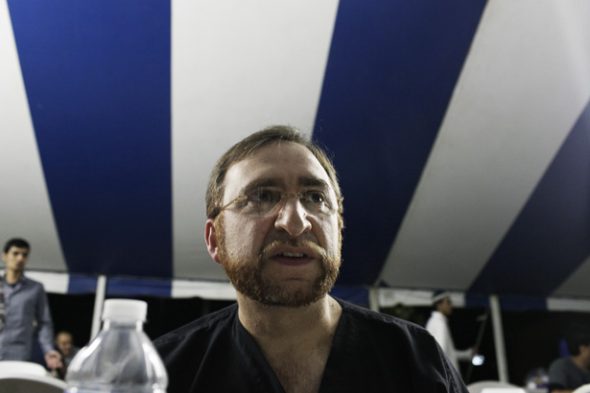By Bassam Tariq
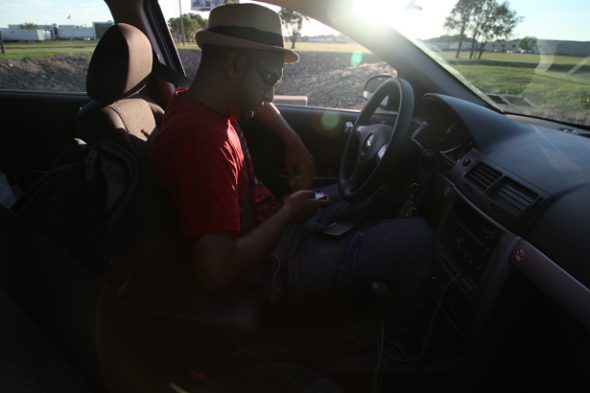
Aman sits inside the Chevy Cobalt as Maghrib, the sunset prayer, hints at her coming.
NOTE: Because many people in Wichita feel that their community has been misrepresented, we would like to offer them a chance to represent themselves. If you grew up in Wichita or live there now and would like to share your experiences in the community please email me, Bassam, at info@30mosques.com. We understand how communities can feel marginalized, and are excited to share a story from someone who has a better grasp of the city and the community than I clearly have. – Bassam Tariq
NOTE 2: I also am changing some of the language. I understand that we haven’t seen all of Wichita, we just explored the areas around the mosque.
Taking pictures outside of the Islamic Society of Wichita, I strike up a small conversation with Ammarah, a journalism student from the local university, Wichita State, who is following us today.
“So, what do you do for fun in Wichita?” I ask.
“Not much. We just eat out,” she shrugs, “but since there are very few halal places, we only go to places that have good fish I guess.”
Hello, Kansas.
We reach the Wichita mosque around 5 PM from Oklahoma City and sit in our car wondering what we’ll talk about today. The communications director of the mosque, Aisha, happily give us a tour around the mosque. Visiting a new mosque everyday and getting similar tours of the facilities has started to make me nauseous since I was fasting, so I cut to the chase and ask her to give me the skinny on Muslims in Kansas.
Ayesha runs down a list of occupations Muslims are doing in Kansas and it’s all very similar to what Muslims are doing in other parts of the country (i.e. doctor’s, engineers, business owners, etc.). What’s fascinating though is that Wichita has the largest airline manufacturing industry in entire world, it’s been fittingly coined “the air capital of the world.” That’s one of the main reasons why tons of Muslim engineers ended up working here for airplane manufacturers such as Boeing, Airbus and Cessna. The local university, Wichita State University, also has a great aerospace engineering program so many Muslim folk who come from abroad end up staying here and working at the research facilities of these companies.
The places we see in Wichita are bare. Still, the clear blue skies cast a tenderness and ease that a place like New York City would never quite understand.
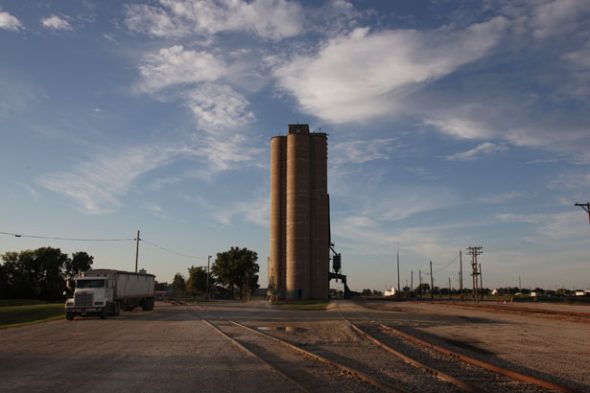
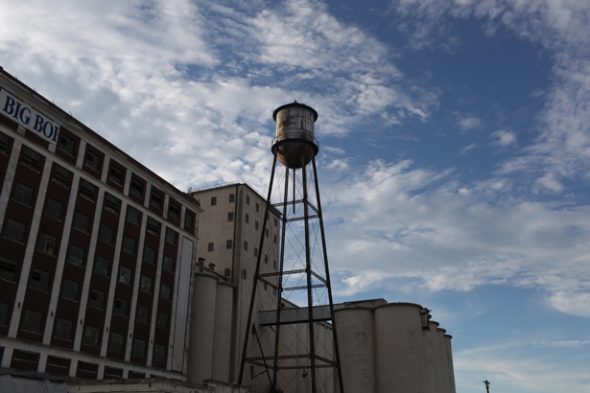
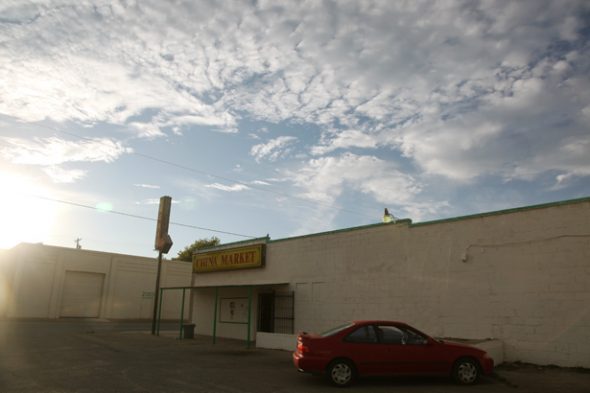
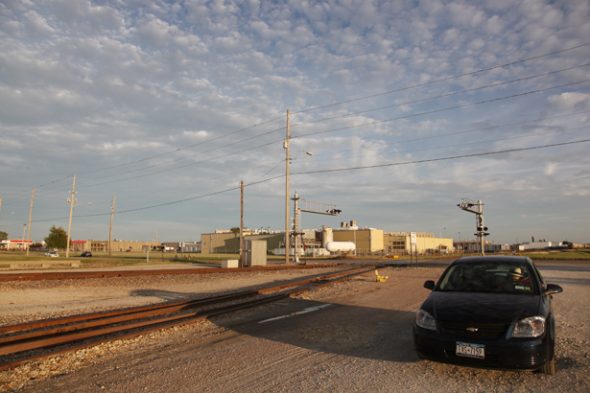
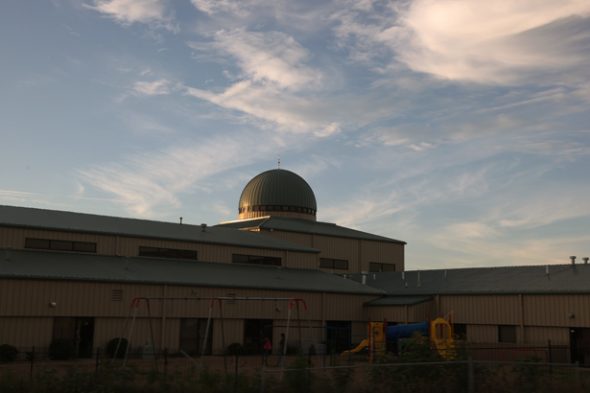
We come back for the break fast and are greeted by Dr. Assem Farhat, our host family for tonight. We eat chicken gravy with salad and pasta while we talk about how relaxed life is in Wichita. Dr. Farhat is Syrian and has spent most of his life globetrotting through Europe. He did his medical schooling in Europe and his specialization in Cardiology in Cleveland, Ohio. Dr. Farhat has lived in many large cities, but has ended up in Wichita because of work. He has been here for 20-plus years and has no plans on leaving. Dr. Farhat, like a lot of the Muslims we’ve met in Wichita, loves it here.
“Wichita is a great place for living,” he remarks, “just not visiting.”
Touché.
